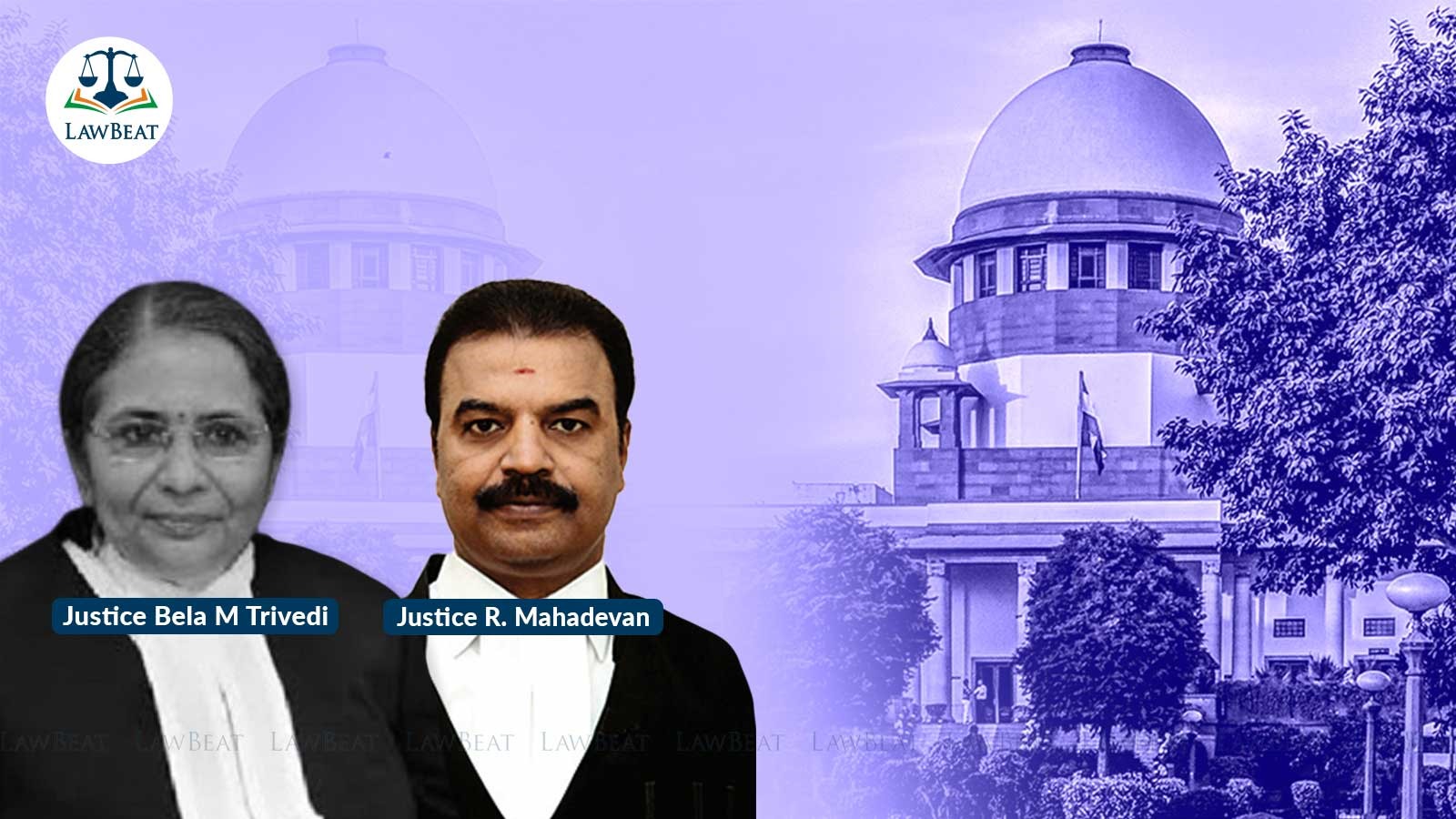Banks obligated to adopt restructuring process before turning accounts of MSMEs into NPAs: SC

Court rendered judgment on a batch of petitions filed against the actions of banks/ NBFCs under the SARFAESI, 2002
The Supreme Court has said banks and non banking financial companies are bound to identify the incipient stress in the account of Micro, Small and Medium Enterprises before their accounts turn into non-performing assets. It also emphasised that banks are obligated to adopt a restructuring process for MSMEs.
The apex court held that the instructions or directions issued by the central government under Section 9 of the MSMED Act and by the RBI under Section 21 and Section 35A have statutory force and are binding to all banking companies.
A bench of Justices Bela M Trivedi and R Mahadevan said it is mandatory or obligatory on the part of the banks to follow the instructions or directions issued by the central government and the Reserve Bank of India with regard to the Framework for Revival and Rehabilitation of MSMEs.
However, it would be equally incumbent on the part of the concerned MSMEs to be vigilant enough to follow the process laid down under the said Framework, and bring to the notice of the concerned banks, by producing authenticated and verifiable documents/material to show its eligibility to get the benefit of the said framework, the court clarified.
The apex court said the Bombay High Court's findings that the Banks are not obliged to adopt the restructuring process on their own or that the Framework contained in the notification of May 29, 2015, as revised from time to time could not be said to be mandatory in nature, "were highly erroneous and could not be countenanced".
Appellants M/s Pro Knits led by advocate Methews Nedumpara challenged the validity of the high court's order of January 11, 2024, which held that the banks were not obliged to adopt the restructuring process on its own or that the Framework contained in the notification of 2015.
They said the respondent banks could not have classified the loan accounts of the appellants who were the MSMEs, as Non-Performing Assets (NPA), without following the procedure laid down in the instructions for the framework.
They challenged the actions of the respondent banks/ NBFCs taken against them under the provisions contained in the Securitisation and Reconstruction of Financial Assets and Enforcement of Security Interest Act, 2002.
Going by the statutory provisions, the bench noted under the “Framework for Revival and Rehabilitation of MSMEs”, the banks or creditors are required to identify the incipient stress in the account of the Micro, Small and Medium Enterprises, before their accounts turn into non-performing assets, by creating three sub-categories under the “Special Mention Account” Category.
However, while creating such sub-categories, the banks must have some authenticated and verifiable material with them as produced by the concerned MSME to show that loan account is of a Micro, Small and Medium Enterprise, classified and registered as such under the MSMED Act, it said.
The said framework also enables the Micro, Small or Medium Enterprise to voluntarily initiate the proceedings under the said framework, by filing an application along with the affidavit of an authorised person.
Therefore, the stage of identification of incipient stress in the loan account of MSMEs and categorisation under the Special Mention Account category, before the loan account of MSME turns into NPA is a very crucial stage, and therefore it would be incumbent on the part of the concerned MSME also to produce authenticated and verifiable documents/material for substantiating its claim of being MSME, before its account is classified as NPA, the bench added.
If that is not done, and once the account is classified as NPA, the banks i.e. secured creditors would be entitled to take the recourse to Chapter III of the SARFAESI Act for the enforcement of the security interest, the court explained.
The bench also pointed out that sufficient safeguards have been provided under the said Chapter for safeguarding the interest of the defaulters-borrowers for giving them opportunities to discharge their debt.
However, if at the stage of classification of the loan account of the borrower as NPA, the borrower does not bring to the notice of the concerned bank/creditor that it is a Micro, Small or Medium Enterprise under the MSMED Act and if such an Enterprise allows the entire process for enforcement of security interest under the SARFAESI Act to be over, or it having challenged such action of the concerned bank/creditor in the court of law/tribunal and having failed, such an Enterprise could not be permitted to misuse the process of law for thwarting the actions taken under the SARFAESI Act by raising the plea of being an MSME at a belated stage, the bench added.
In the case, the respondents-banks submitted that in all the cases, the proceedings under the SARFAESI Act had already been concluded and the possession of the respective premises of the petitioners had already been taken over, the bench decided not to remand the matters to the high court for deciding the writ petitions afresh.
However, since the high court had not dealt with the other issues based on the factual aspects of the writ petitions, the court clarified that it would be open for the appellants to take recourse to any remedy as may be legally available to them for agitating the issues not decided by the high court.
Case Title: M/s Pro Knits Vs The Board of Directors of Canara Bank & Ors
